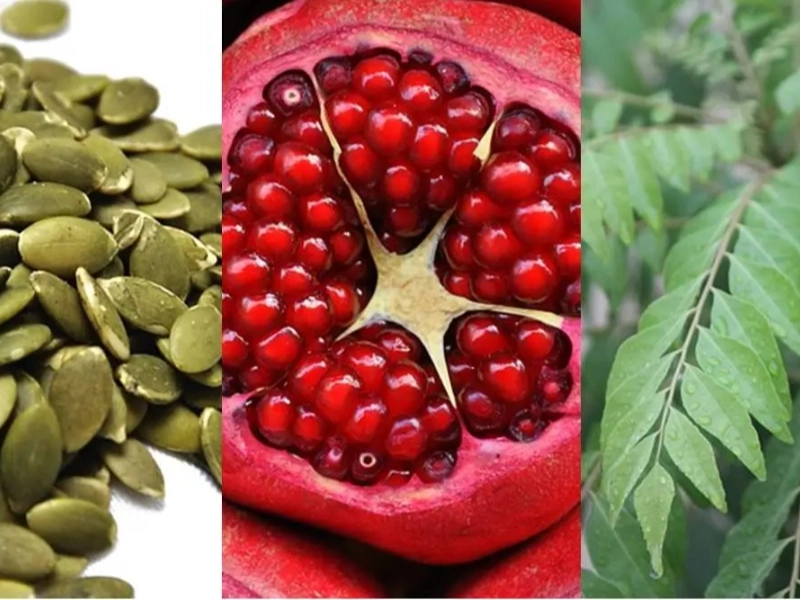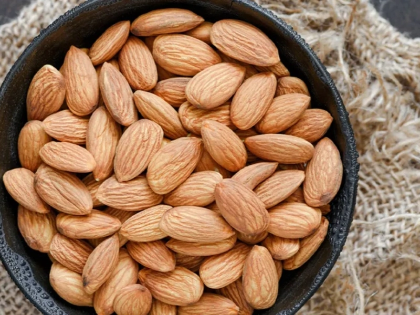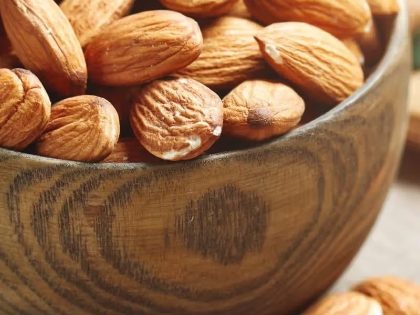The Berry Approach to Supporting Your Thyroid Health
Advertisement
1. Knowledge of Thyroid Conditions Nestled at the base of the neck, the tiny, butterfly-shaped thyroid gland is essential for controlling metabolism, energy levels, and general hormonal balance. Maintaining a normal weight, mood, and energy level requires thyroid health. Significant medical problems can result from disorders including hyperthyroidism and hypothyroidism. Diet and lifestyle choices help to support thyroid function, hence some foods—especially berries—can be helpful in this respect.

Advertisement
 4. Thyroid and Vitamin C Function Since it helps thyroid hormones be produced, vitamin C is an essential component for thyroid function. Especially strawberries and blackberries, berries are great suppliers of vitamin C. This vitamin stimulates the synthesis of thyroid hormones and guards the thyroid gland against oxidative damage. Including foods high in vitamin C, such as berries, helps your thyroid function and regulates hormones in your body.
5. Dietary Health and Fibre An outstanding source of dietary fiber—which is crucial for digestive health—are berries. Appropriate nutrient absorption—including those required for thyroid function—dependent on a healthy gut depends on Fibre helps the good gut bacteria thrive and helps to keep regular bowel motions. Berries can help indirectly promote thyroid function by ensuring the body effectively absorbs vital nutrients, therefore supporting digestive health.
4. Thyroid and Vitamin C Function Since it helps thyroid hormones be produced, vitamin C is an essential component for thyroid function. Especially strawberries and blackberries, berries are great suppliers of vitamin C. This vitamin stimulates the synthesis of thyroid hormones and guards the thyroid gland against oxidative damage. Including foods high in vitamin C, such as berries, helps your thyroid function and regulates hormones in your body.
5. Dietary Health and Fibre An outstanding source of dietary fiber—which is crucial for digestive health—are berries. Appropriate nutrient absorption—including those required for thyroid function—dependent on a healthy gut depends on Fibre helps the good gut bacteria thrive and helps to keep regular bowel motions. Berries can help indirectly promote thyroid function by ensuring the body effectively absorbs vital nutrients, therefore supporting digestive health.
 6. Thyroid and Iodine Safety Production of thyroid hormone depends critically on iodine, a mineral. Although berries are not major sources of iodine, they can be part of a balanced diet including foods high in iodine such dairy, fish, and seaweed. Berries combined with foods high in iodine will help to form a balanced diet supporting thyroid function. Maintaining ideal thyroid condition depends on the mix of nutrients found in different foods.
7. Including Berries into Your Diet Including berries in every day meals is simple and fun. For a taste and nutrient explosion, toss them into salads, yoghurt, porridge, or smoothies. Berries are also great fresh as a snack or for baking. Their adaptability lets you create countless alternatives and makes it easy to consistently add them into your diet.
6. Thyroid and Iodine Safety Production of thyroid hormone depends critically on iodine, a mineral. Although berries are not major sources of iodine, they can be part of a balanced diet including foods high in iodine such dairy, fish, and seaweed. Berries combined with foods high in iodine will help to form a balanced diet supporting thyroid function. Maintaining ideal thyroid condition depends on the mix of nutrients found in different foods.
7. Including Berries into Your Diet Including berries in every day meals is simple and fun. For a taste and nutrient explosion, toss them into salads, yoghurt, porridge, or smoothies. Berries are also great fresh as a snack or for baking. Their adaptability lets you create countless alternatives and makes it easy to consistently add them into your diet.
 8. Local Selections and Seasonal Berries Selecting locally grown, seasonal berries will improve their taste and nutritional worth. Often fresher and more nutrient-dense, seasonal berries offer best health advantages. Visiting nearby markets helps local agriculture by allowing access to a range of berries. This advances environmentally friendly eating habits in addition to your wellness.
9. Concurrent summary Berries are a tasty and healthy way to help thyroid function. Their great abundance of fibre, vitamin C, and antioxidants qualifies them as a great supplement to a balanced meal. Although they are not a cure-all for thyroid problems, including berries into your meals offers important nutrients that support general health. Adopting a berry approach to eating can help one have a better lifestyle and thyroid function.
8. Local Selections and Seasonal Berries Selecting locally grown, seasonal berries will improve their taste and nutritional worth. Often fresher and more nutrient-dense, seasonal berries offer best health advantages. Visiting nearby markets helps local agriculture by allowing access to a range of berries. This advances environmentally friendly eating habits in addition to your wellness.
9. Concurrent summary Berries are a tasty and healthy way to help thyroid function. Their great abundance of fibre, vitamin C, and antioxidants qualifies them as a great supplement to a balanced meal. Although they are not a cure-all for thyroid problems, including berries into your meals offers important nutrients that support general health. Adopting a berry approach to eating can help one have a better lifestyle and thyroid function.
Advertisement








